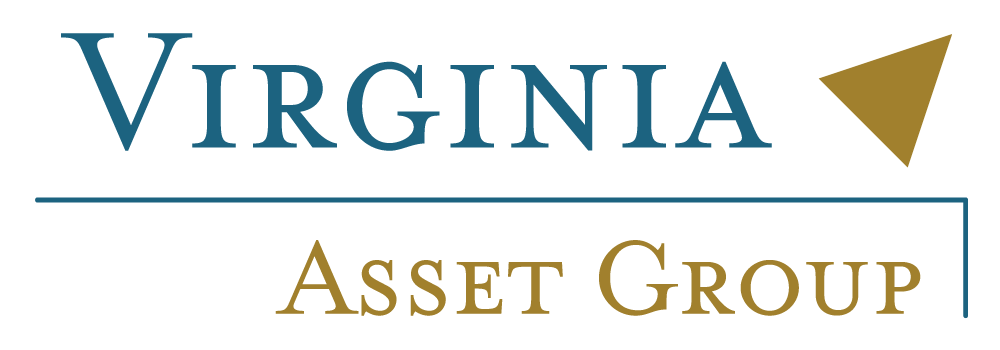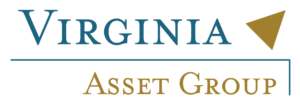- Introduction
- Retirement Style Checklist–Will You Be Ready to Retire?
- Evaluating Your Cash Flow During Retirement
If you are five years or less away from retirement, you're close enough to calculate approximate income and expenses. Your goal is to have enough money to live on comfortably and not outlive your assets. You need to match your expected lifestyle expenditures with your projected cash flow and provide for contingencies, such as extended illness, rapid inflation, and losses in your investments. Cash flow planning is an important part of retirement planning.
Are there other regions of the country where opportunities are better for continued employment or leisure activities? Are you concerned about living in an area where there are better local services (transportation, medical facilities)? How about more affordable housing and senior citizen communities? Make sure you list your priorities and start acting now.
Sources of Cash during Retirement
During retirement, you may have the following sources of cash:
- Company retirement plan
- Company savings plan (401(k), 403(b), SIMPLE)
- Stock options and restricted stock
- Deferred compensation and other nonqualified retirement plans
- Social Security benefits
- Investment income, such as interest, dividends and rental property
- Part-time employment and consulting
- Other sources, such as an inheritance
Other sources of cash that can be tapped into during retirement include liquidation of your investments, and cash from a price trade-down in residence (see the section The Role of Your Home in Retirement for more information). Add up all your sources of cash to determine your cash inflow during retirement. You can then compare this to your cash requirements during retirement to get a good idea of where you stand.
Uses of Cash During Retirement
Uses of cash during retirement include basic expenditures, discretionary expenditures, and money for contingencies. Review the helpful hints below for determining retirement expenses to project your uses of cash during retirement.
Helpful Hints for Determining Retirement Expenses
- Do you plan to pay off your mortgage by the time you retire? If so, your housing costs will go down considerably. You will still have to pay property taxes, which are likely to increase over time. If you're considering selling your home and buying a new property, what do you estimate the new mortgage will cost, assuming you'll have one after your down payment?
- If you plan on buying a condominium or cooperative apartment, you'll have annual maintenance fees. Whether you own or pay rent, plan that your annual fees will increase with changes in the cost-of-living index. Assume at least 3% annual inflation.
- If you plan on staying put when you retire, your utilities may increase because you'll be spending more time at home. If you're planning on moving, your utilities may be more or less, depending on the geographical area you select.
- Retirement will eliminate your daily commuting costs unless you plan on volunteering or participating in activities that you need to travel to daily. Will you still need both cars?
- Will you be eating at home more often when you retire? Remember, your consumption may go down as you get older. If you have dependents at home with you, will they still be there when you retire?
- If you're not changing climates, chances are you won't need a complete new wardrobe when you retire. You also won't need new clothes for work. Estimated clothing expenses will probably be less.
- Your insurance needs may not drastically change. You'll still need homeowner's or renter's insurance, and auto insurance (if you plan on driving). Your medical costs (premiums and out-of-pocket expenses) will continue. Your life insurance and disability insurance premiums may be eliminated or reduced, depending upon your particular situation.
- Your entertainment expenses may increase, depending on the lifestyle you plan on having when you retire.
- If you have one or more pets, your expenses can be high, so don't forget to include them.
- Depending on your medical insurance in retirement, you may have deductibles and uninsured medical expenses which you will need to account for in your planning.
- Other than a mortgage, you should strive to be debt-free by the time you retire. Determine whether you'll be paying off any outstanding loans or credit card balances.
- Estimate the amount of annual gifts you give to your children and grandchildren. Estimate they'll increase by 10%, so that you build in a little cushion.
- If you're charitably inclined, chances are you'll keep giving to the same organizations after you retire, depending on how much you can afford.
- Do you plan on going back to school when you retire? Start investigating the costs of the courses you might take.
- Will you still have children in school when you retire? If so, that could be a large expense to carry, so don't forget to include the projected tuition costs (allowing for any financial aid).
- If the children will have left home by the time you retire, you can drop the amount you are paying to support them today. Will you have parents that will be moving in with you? Will you have to provide for their financial support as well as their housing?
- You should plan on continuing to save a portion of your retirement income so that you don't exhaust your retirement savings.
- Depending upon the state in which you live, you may have to pay state income taxes, in addition to your federal income tax. If you're estimating the amount of federal tax you will have to pay, don't forget to take Social Security into consideration. Depending upon your total income, up to 85% of your Social Security income may be taxable.
Cash Flow Calculation
Calculating your expected cash flow in retirement is relatively easy. Just take your cash inflow and subtract your outflow and you've got your net cash flow.
If you have a negative cash flow, look at your expense items and see where you can cut or see how you can rearrange your assets to produce more income.
SUGGESTION: The National Council on Aging provides a service to find programs for individuals ages 55 and over that may help with costs such as health care, utilities, rent, and more. Check out their website at www.benefitscheckup.org.






